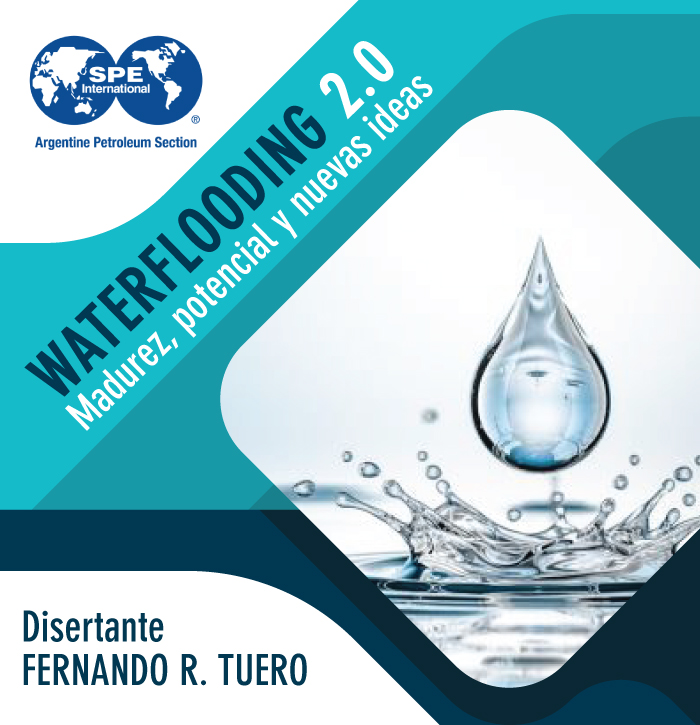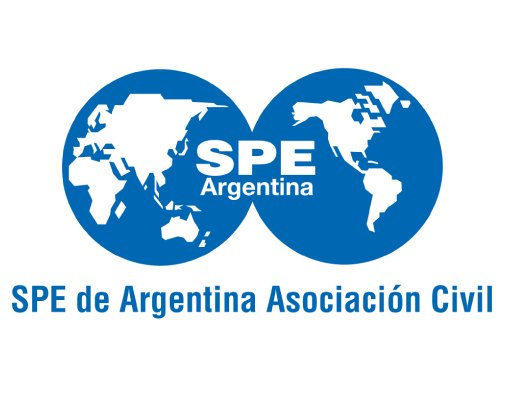
Biografia
Fernando R. Tuero
Fernando has more than 20 years of experience in the petroleum industry. He worked as a Reservoir and Production Engineer for operating companies such as YPF (Argentina’s NOC) Shell and CGC.
Currently, he is Partner and President of VYP Consultores SA, which he joined in 2003. He has actively conducted and participated in the certification and audit of oil and gas reserves for several Blocks of major Operators in the US, Argentina, Chile, Mexico, Ecuador, Venezuela, Guatemala and India as well as integrated multidisciplinary teams conducting reservoir characterization, field development planning and simulation studies.
During the last years, he has been devoted to the research and development of enhancing recovery technique for unconventional reservoirs (tight gas and shale oil/gas) in the Vaca Muerta resource play. He has conducted and participated in teams for the evaluation of new ventures, exploration portfolio assessments, asset valuation and bidding proposals for different operators in Argentina, Chile and Paraguay.
During his technical career, he has been focused on Reservoir Simulation and Field Development Planning, actively conducting and participating in several projects related to the Reservoir Management aspects of exploration ventures, waterflooding projects, development and exploitation optimization of mature fields in Argentina, Chile and Colombia.
In the field, he participated in a wide variety of reservoir, operations and production engineering matters, involved in production optimization duties, surface facilities design, environmental and safety operations.
Fernando holds a Petroleum Engineering degree issued by the Instituto Tecnológico de Buenos Aires (ITBA) and an MSc. in Petroleum Engineering by the Heriot Watt University (Edinburgh).
He lectures several courses covering from Waterflooding Fundamentals and Recommended Practices to Reservoir Simulation and wrote several technical papers for different engineering specific publications (JPT, SPE, Petrotecnia, URTeC, etc.).
He is actively involved in the Production and Reserves Development committee at the Argentinean Oil and Gas Institute (IAPG) and is an active member of the SPE Argentine Section committee and the Advisory Team for EOR at the Reservoir Description and Dynamics section of the SPE.
Abstract
The talk examines the maturity degree and potential of a supposedly “mature” basin (ie. Golfo San Jorge) which represents 50% of Argentina’s daily oil production and 2/3 of its oil reserves. It has approximately 40,000 wells drilled to date and has more than 50% of its net production assigned and produced by waterflooding projects. A thorough revision of production and injection history, well status, drilling history and reserves data for more than 150 fields, combined with lessons learned from more than 15 years of experience, 5000 wells and more than 100 detailed waterflooding (WF) studies, allowed us to classify different maturity degrees and detect potential opportunities to increase recoveries. This estimation of remaining contingent resources, comes from the assumption of two plausible development scenarios (i) Optimization of ongoing WF processes (low risk / low investments activities aiming to improve contacted area and/or sweep efficiency and (ii) Development of infill drilling and injection optimization (basically, re-allocation to add new volumes which were previously inaccessible due to the original flooding design). The main recovery assumptions and efficiencies used in the estimation, come from the detailed analysis of many Waterflood projects largely covering the basin and in different maturity stages. To complete the analysis, capex and opex assumptions are made to obtain economic metrics and compare them to alternative types of developments such as Unconventional ones, which typically tend to compete for investment with these projects.
In addition, an alternative approach, named “Sequential Waterflooding” is envisaged in which multiple reservoirs are flooded, bottom-up, in a selective manner. The latter, needs a very tight and continuous follow up to improve the reservoir description based on such dynamic responses and allows to optimize both, the operational and economic aspects of the project (capital exposure, activity level, etc.) by drastically reducing well drilling and intervention costs and even permitting an almost real-time monitoring of the most relevant variables (pressures and injection/production rates).
Fecha: Miercoles 29 de Agosto a las 12:15 horas
Lugar: Auditorio del IAPG, en la calle Maipú 639, 4° piso, de la Ciudad Autónoma de Buenos Aires.
La inscripción se encuentra cerrada
